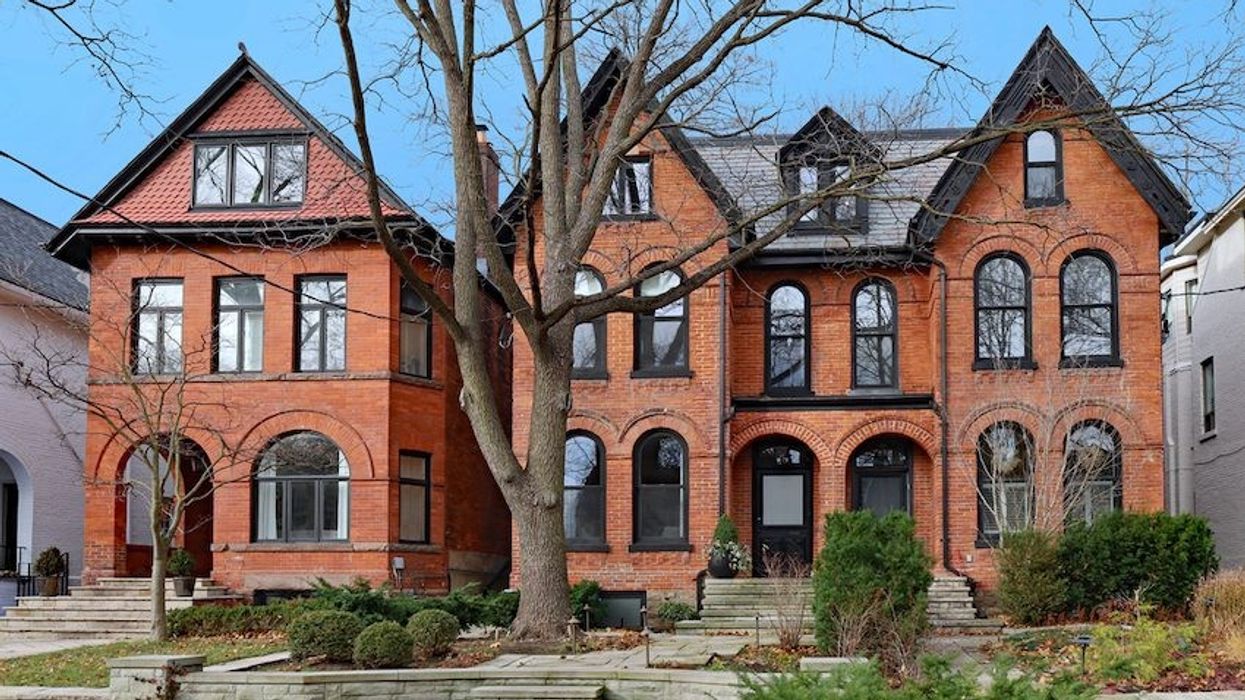Housing as an asset class is often touted as the surest path to comfortable retirement, and according to a new survey from Rates.ca, nearly a quarter of Canadian homeowners are well on their way.
But the statistics demonstrate that younger homeowners, in particular, have taken a gamble.
Quarter of Canadians Relying on Equity for Retirement
The survey revealed that 24% of Canadian homeowners, 39% of whom are aged 18-34, will draw upon home equity to retire, whether in the form of downsizing, a home equity line of credit, reverse mortgage, or a refinance.
Homeowners who purchased in the last two years at record low mortgage rates are three times more likely to rely on their home equity to fund the majority of their retirement; the Bank of Canada plunged its Overnight Lending Rate to 0.25% at the onset of the pandemic, leading to a housing rush that saw home prices double in some markets. According to the survey, the aforementioned cohort comprise 17% of respondents, while the 5% of respondents who purchased earlier intend to do the same.
Little Pain for Greater Gain?
The survey also revealed that, to fund their purchases, 33% of homeowners’ budgets are overextended, and while they’re betting on their investment’s long-term appreciation, it’s inferred that an unknown, but probably large, contingent are heavily saddled by mortgage payments.
READ: Hefty Mortgages Now a Key Risk for Canada's Economy: BoC
The survey results depict a troubling picture: a fifth of respondents aged 18-34 spend 50-74% of their monthly income on mortgage payments.
Matrix Mortgage Global’s Principal Owner Shawn Allen told STOREYS that, even though Canadians’ mortgage default rates are historically low, rising interest and record inflation, not to mention outsized mortgage payments, will invariably push some borrowers over the precipice.
“Mortgage debt is at $1.77T [Canada-wide], an all-time high, and there was a 10% uptick in the third quarter of 2021,” Allen said.
“The numbers dictate they’re overleveraged because $1.77T is, again, an all-time high. The fact of the matter is real estate is going up. From May 2021 to May 2022, residential real estate values in the GTA have gone up 9.4%.”
That could potentially become precarious because the Rates.ca survey noted that 49% of buyers whom the numbers indicate are overleveraged are aged 18 to 34, while 31% are 35-54 -- their prime income earning years -- and only 22% are 55 or older.
Gross debt service is recommended not to exceed 32%. Disconcertingly, the overwhelming majority of first-time homebuyers fall into the age demographic of overextended mortgage borrowers.
“For the baby boomer generation, overwhelmingly, their homes were the biggest driver of their wealth accumulation,” David O’Leary, a certified financial planner and founder of Kind Wealth, is quoted in the survey report.
“Unfortunately, I don’t think younger Canadians today have that luxury. We’ve had a period of exceptional growth, and so people expect to see 20%, 30%, 40% increases over two- or three-year periods, and that’s way above the historical average for real estate.”





















